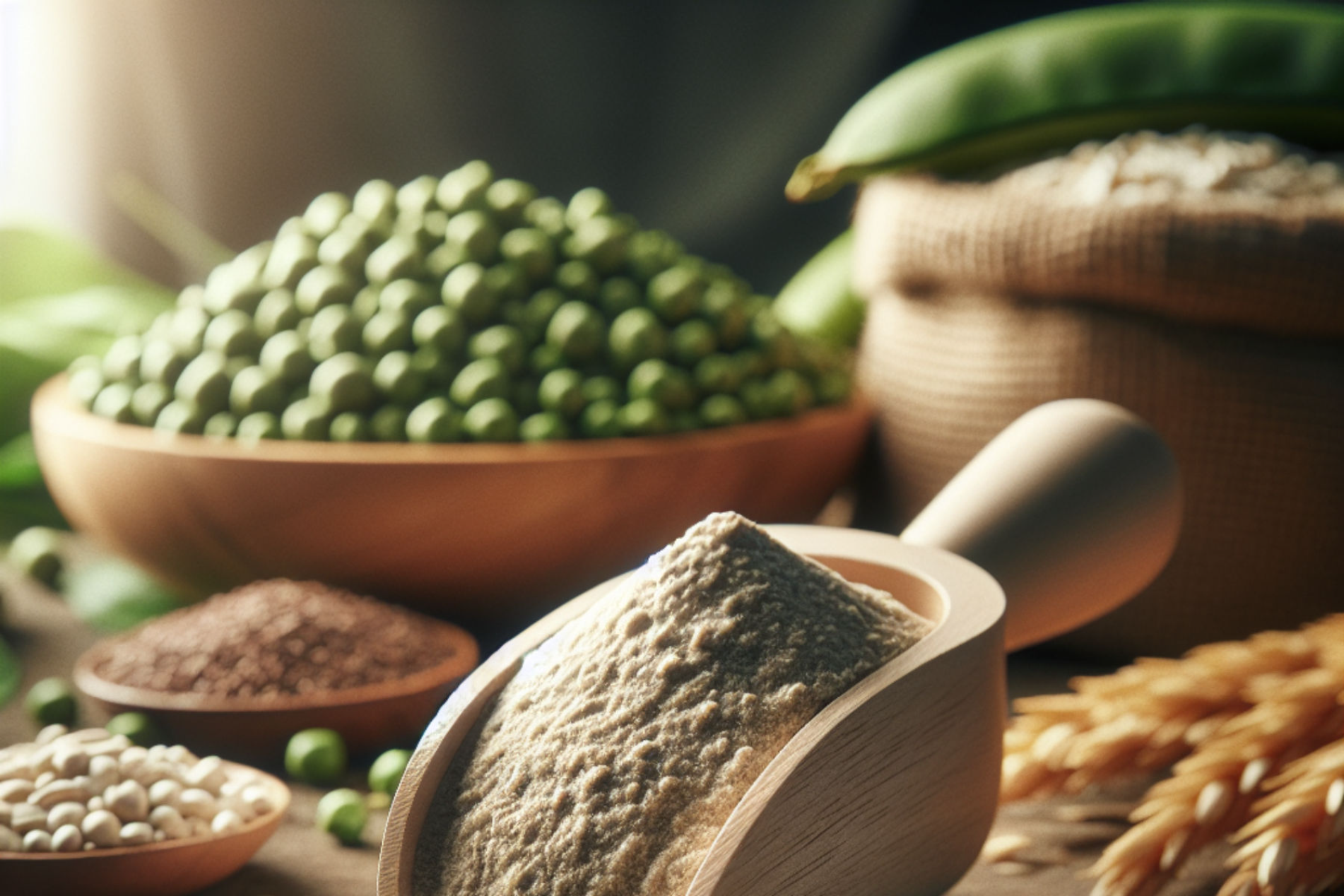
What is Plant-Based Protein Powder?
Plant-based protein powder has experienced a remarkable surge in popularity in recent years, appealing to a diverse range of consumers. Initially favoured by vegans and vegetarians, these powders have now caught the attention of anyone looking to enhance their nutritional intake.
Sourced from natural ingredients like legumes, grains, and seeds, they provide a wholesome alternative to traditional dairy and animal protein supplements. As health awareness continues to grow, it’s no surprise that options such as pea protein, hemp, and rice protein are gaining traction, offering unique flavours and textures that cater to various dietary preferences.
As more individuals become mindful of their dietary choices, plant-based protein powders stand out as an excellent option, delivering essential amino acids without the drawbacks associated with animal products. Whether you’re seeking the best plant protein powder for muscle development or simply aiming to support your overall health, these options are increasingly worthy of consideration.

Types of Plant-Based Protein Powders
|
Protein Type |
Nutritional Benefits |
Key Features |
Best For |
|---|---|---|---|
|
Pea Protein |
High in digestibility and offers a robust amino acid profile, especially rich in lysine and iron, which supports muscle repair and energy levels. |
Ideal for those with dairy or soy allergies; often blends well with other proteins to enhance texture. |
People with dairy or soy sensitivities; those seeking muscle recovery support. |
|
Hemp Protein |
Packed with essential fatty acids, including omega-3 and omega-6, which aid in heart health and inflammation reduction; contains fiber, which supports digestion. |
Slightly nutty flavour nutrient-dense, providing both protein and healthy fats; also a source of magnesium. |
Individuals looking for a nutrient-rich protein with added fiber and fats for heart and digestive health. |
|
Brown Rice Protein |
Hypoallergenic, easy to digest, and suitable for sensitive stomachs; naturally high in B vitamins, which support energy metabolism. Though low in lysine, it pairs well with pea protein for balance. |
Great for those with dietary restrictions; easily combined with other proteins to create a full amino acid profile. |
Those with multiple allergies or digestive concerns; anyone seeking an easily digestible option. |
|
Soy Protein |
A complete protein containing all essential amino acids; rich in isoflavones, which may support cardiovascular health and hormone balance. They are often used to support muscle growth. |
Well-researched for safety and health benefits; versatile in flavour, suitable for various applications. |
Athletes or individuals focused on muscle gain; those looking for a complete plant protein. |
|
Pumpkin Seed Protein |
High in magnesium, zinc, and iron; contains a balanced amino acid profile, particularly high in arginine, which supports heart health and circulation. |
Mild, slightly nutty flavour often blended with other proteins to create nutrient-dense options. |
People looking for extra minerals like magnesium and iron; those interested in heart health support. |
Choosing Tips
-
Identify Your Goals: Consider your primary reason for using protein powder, whether for muscle gain, energy boost, or heart health.
-
Assess Digestibility: Choose options suited to your digestive tolerance, especially if you have a sensitive stomach or specific allergies.
Benefits of Using Plant-Based Protein Powder
-
Ideal for Muscle Building: Plant-based protein powders provide all the essential amino acids your body needs for effective muscle repair and growth, minus the added fats often found in animal proteins.
-
Aids in Weight Management: These powders tend to be lower in calories and unhealthy fats compared to animal-based proteins. Plus, their high protein content can help keep you full for longer, making it easier to reduce snacking and manage overall calorie intake.
-
Enhances Digestive Health: Packed with fiber, many plant proteins support smoother digestion and a healthier gut, making them beneficial beyond just muscle support.
-
Rich in Essential Nutrients: Plant-based protein powders often come with extra vitamins and minerals that are key to overall well-being, offering a more rounded nutritional profile.
-
Supports Cardiovascular Health: Plant proteins have been linked to improved cholesterol levels and a reduced risk of heart disease, making them a heart-smart choice.
-
Easy to Incorporate into Meals: Plant-based protein powders are highly versatile you can blend them into smoothies, bake them into snacks, or mix them into meals, allowing you to boost your nutrition with ease.
How to Choose the Best Plant-Based Protein Powder
|
Criteria |
Details |
|---|---|
|
Protein Content |
- Aim for at least 20g per serving to support muscle growth and general health. |
|
Ingredient Quality |
- Select powders with whole-food sources like pea, hemp, or brown rice protein. |
|
Taste and Texture |
- Try sample sizes if available to find flavors and textures you enjoy. |
|
Dietary Compatibility |
- Ensure vegan certification if needed. |
|
Brand and Quality |
- Look for third-party testing certifications for purity and ingredient accuracy. |
|
Price and Value |
- Calculate cost per serving to determine value. |

The Benefits and Versatility of Plant-Based Protein Powders
Plant-based protein powders have taken off among health-conscious folks thanks to their nutritional benefits and versatility. In this post, we’ve looked at various types of powders like pea, hemp, brown rice, and soy each bringing something unique to the table and catering to different dietary needs.
They’re great for supporting muscle building, aiding weight management, and boosting overall health, making them a fantastic addition to any diet. When choosing the right protein powder for you, it’s important to consider factors like protein content, ingredient quality, and flavour preferences to ensure it fits your lifestyle. With so many high-quality options out there, plant-based protein powders can be a convenient and nutritious way to enhance your eating habits and help you achieve your health goals.
This Blog post is an initiative by Lo! Foods, to provide accurate and Nutritionist / Doctor approved information related to Health. Lo! Foods is India's leading brand for Everyday Functional Foods. Foods designed for specific Health conditions or Needs. Lo! Foods also runs India's largest range of Low Carb Healthy Cloud Kitchens, under the brand names of Lo!, ProteinChef, ATH (All Things Healthy) and DiabeSmart.











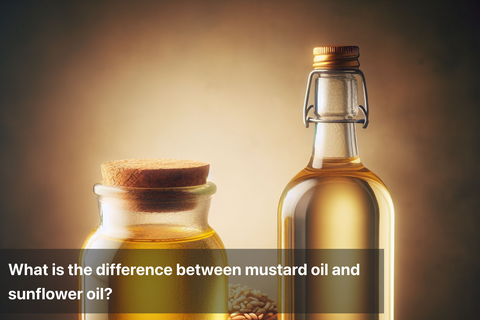
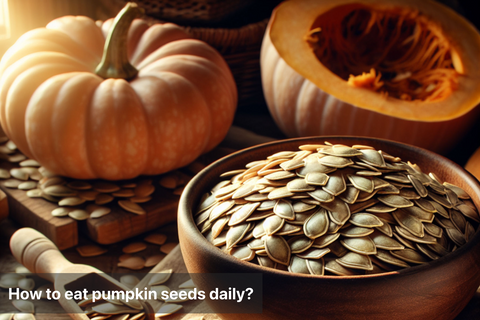
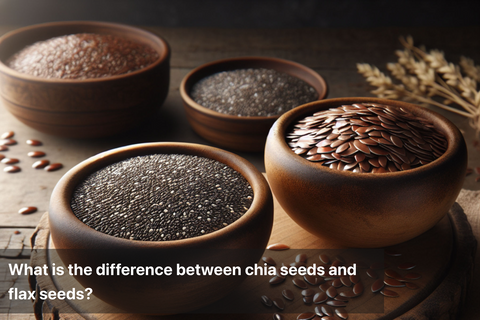
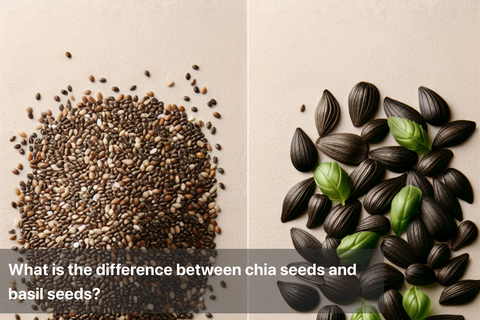
Leave a comment
Your email address will not be published.